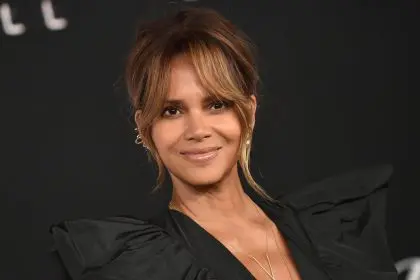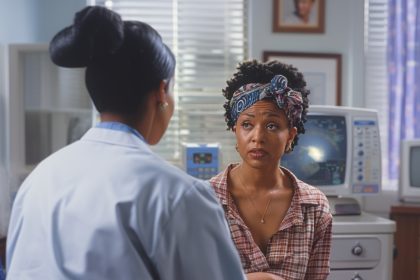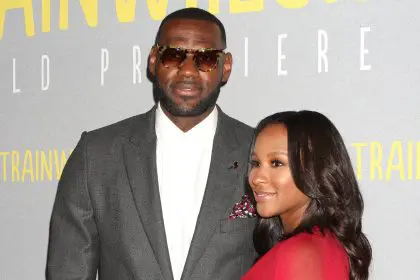What inspired you to enter this arena to help people improve their health?
I remember reading an article … when I was an undergrad, and it talked about the disparities that exist between Black women versus White women in regard to things such as cervical cancer, breast cancer, ovarian cancer, and how more White women are diagnosed with things like breast cancer, but more of us die from it. And at that point, I committed my life to women’s health.
What should women do to monitor their reproductive and overall health annually?
I would say first and foremost, schedule your annual wellness exam. So even if you had a pap smear last year, it’s still important that you see your obstetrician-gynecologist yearly, because things sometimes change. It’s important that you schedule that annual mammogram. If you’re 40 and up, start that mammogram once a year. If you have a family history of breast cancer, it is ultimately important that you do that, and you may need to start a little bit earlier. Usually, if you have a family member that is diagnosed early, let’s say at age 40, you [should] start [to be screened] 10 years earlier. Breast health is key, and I think it’s important that you also examine your own breast because many women find their own lumps.

















